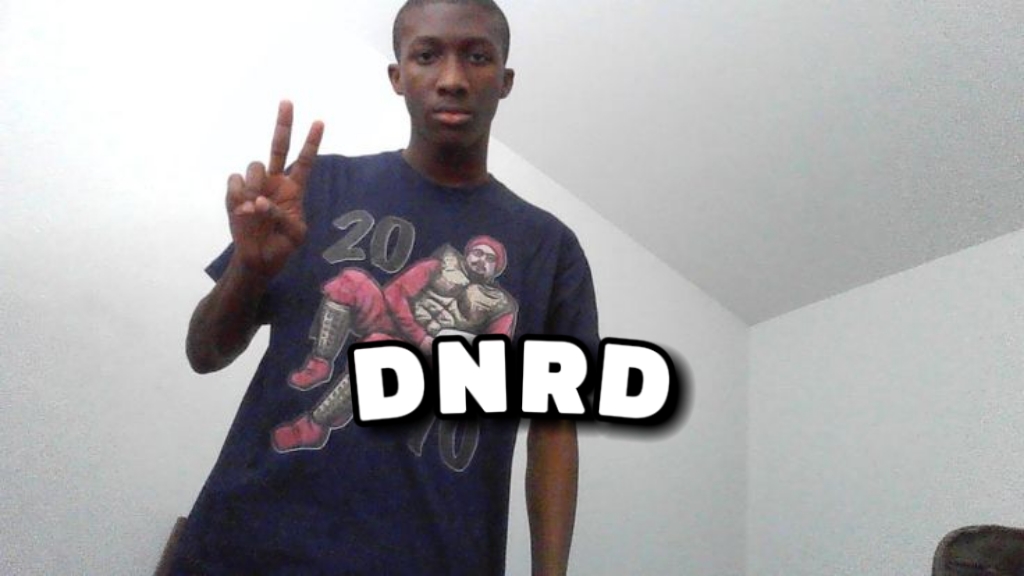registerfasterusing
These lil nigga
- Joined
- Oct 12, 2024
- Posts
- 21,296
- Reputation
- 36,460
One thing I found interesting about F. Scott Fitzgerald’s The Great Gatsby is the paradoxical nature of the American Dream and the pursuit of wealth and luxuries. In order for wealth to be defined, and with value, it must exist in relation to that which it is not, poverty, and vice versa. Wealth, however, is valued unequally in comparison to poverty. Economically, this may be because wealth is scarcer than poverty, its presence rarer, and thus its value greater. Consequently, many continue to pursue and revel in wealth. However, the pursuit of wealth from a position of non-wealth could be considered paradoxical. If the value of wealth is defined by its scarcity, then an expansion of wealth distribution would, subsequently, decrease the value of wealth, as its degree of scarcity is reduced. This paradox lies at the core of the American Dream, an ideal heavily discussed in The Great Gatsby. The ‘new money’ residents of the West Egg, including Gatsby himself, embody this paradoxical narrative. They relentlessly engage in the pursuit of wealth with the intent of matching the historically established ‘old money’ inhabitants of East Egg. However, this objective, by its nature, will infinitely remain unattainable. For example, Gatsby accumulates an enormous amount of wealth, which he then invests in grandiose luxuries, like parties, so as to emulate and attract members of East Egg, such as Daisy. Though these luxuries will forever remain a symbol or semblance of wealth, rather than a depiction of wealth itself. Gatsby’s desire to attain the objects like those of East Egg ultimately demonstrates his position of relative inferiority to them, socio-economically. The East Egg is the model Gatsby attempts to replicate, but never truly can. Gatsby’s obfuscated identity exhibits this, showing an uneagerness to reveal his lack of pre-established connections in the region.
Another thing I found interesting about The Great Gatsby is Nick’s perspective on goodness and greatness. Nick says, “I am one of the few honest people that I have ever known” (Ch. 3, p. 59). Nick identifies honesty with moral decency and thus, goodness. He prides himself upon his moral righteousness and often criticizes the decay in ethical standards he observes in Long Island and New York City. Gatsby, alternatively, seems to lack the moral judgment, or at least the claim to it, that Nick possesses. Gatsby throws lavish parties in his spectacular mansions and invites extraordinarily wealthy, and perhaps morally indecent, guests to attend them. Despite this, Nick continuously asserts the greatness of Gatsby, “If personality . . . elations of men” (Ch. 1, p. 2). This is because Nick differentiates between goodness and greatness. One can be a great, powerful, notable figure without being morally decent. Similarly to how one can be good and morally righteous but insignificant in a greater social hierarchy. For example, Hitler and Stalin were both ‘great’ leaders. They developed and transformed their respective nations into global superpowers. However, neither was morally righteous by any means. Hitler was responsible for the genocide of Jews in the Holocaust, and Stalin significantly contributed to the great famine in Ukraine known as the Holodomor. This explains how Nick can identify Gatsby as great, even if he is not necessarily good. It is why Nick can still assume a position of alleged moral superiority, even if his greatness is inferior to that of Gatsby.
Another thing I found interesting about The Great Gatsby is Nick’s perspective on goodness and greatness. Nick says, “I am one of the few honest people that I have ever known” (Ch. 3, p. 59). Nick identifies honesty with moral decency and thus, goodness. He prides himself upon his moral righteousness and often criticizes the decay in ethical standards he observes in Long Island and New York City. Gatsby, alternatively, seems to lack the moral judgment, or at least the claim to it, that Nick possesses. Gatsby throws lavish parties in his spectacular mansions and invites extraordinarily wealthy, and perhaps morally indecent, guests to attend them. Despite this, Nick continuously asserts the greatness of Gatsby, “If personality . . . elations of men” (Ch. 1, p. 2). This is because Nick differentiates between goodness and greatness. One can be a great, powerful, notable figure without being morally decent. Similarly to how one can be good and morally righteous but insignificant in a greater social hierarchy. For example, Hitler and Stalin were both ‘great’ leaders. They developed and transformed their respective nations into global superpowers. However, neither was morally righteous by any means. Hitler was responsible for the genocide of Jews in the Holocaust, and Stalin significantly contributed to the great famine in Ukraine known as the Holodomor. This explains how Nick can identify Gatsby as great, even if he is not necessarily good. It is why Nick can still assume a position of alleged moral superiority, even if his greatness is inferior to that of Gatsby.



